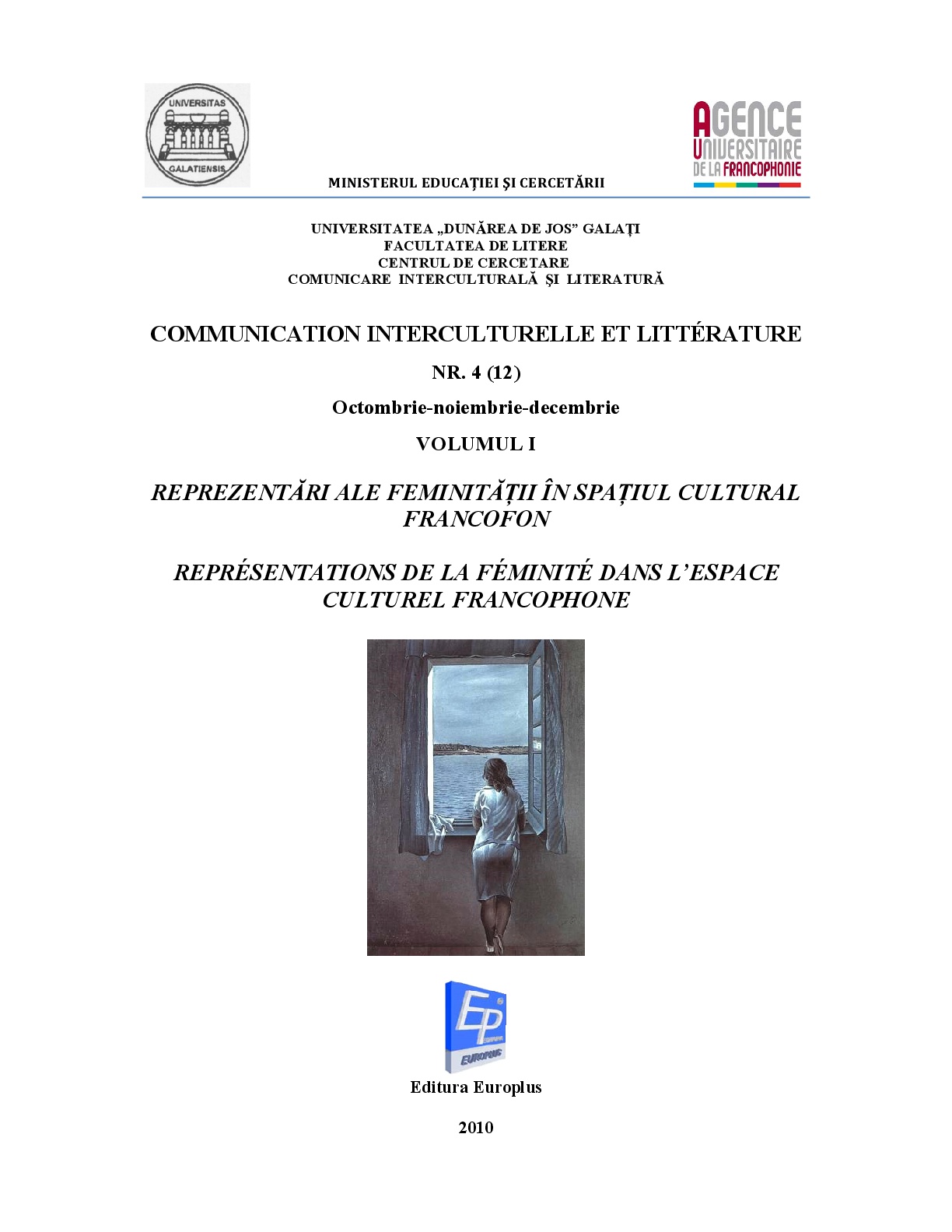Romanian Migrant Women in Paris: Gender Representations in Angus Macqueen's The Last Peasants
Romanian Migrant Women in Paris: Gender Representations in Angus Macqueen's The Last Peasants
Author(s): Gabriela Iuliana Colipcă Subject(s): Literary Texts, Gender history
Published by: Editura Casa Cărții de Știință
Keywords: gender; migration; identity; documentary; stereotype
Summary/Abstract: Angus Macqueen’s trilogy The Last Peasants (2003) aims at making a stand in the current debate on the causes and effects of migration from East European former Communist countries to the West. Focusing on the dramatic stories of several Romanian families from the village of Budeşti (Maramureş), the British director’s documentaries foreground the picture of an old rural culture in decline; within this framework, individual portraits of characters desperately wishing to make a better living abroad are clearly delineated. As special attention seems to be paid to the re-negotiation of gender roles in Romanian rural communities ‘lost in transition’, two films of the trilogy (Journeys and A Good Wife) examine the re-shaping of women migrants’ identity in the process of intercultural (Romanian – French) interaction. Based on research conducted in the framework of the EU-funded FP7 collaborative project, Gender, Migration and Intercultural Interactions in the Mediterranean and South-East Europe: an interdisciplinary perspective (Ge.M.IC.) (2008-2011), the paper proposes an in-depth analysis of Angus Macqueen’s filmic texts with a stress on representations of gender and cultural differences that influence, in the larger context of migration, the dynamics of established cultural practices and hierarchies in both the sending and the receiving societies.
Journal: Comunicare Interculturală și Literatură
- Issue Year: 12/2010
- Issue No: 4-I
- Page Range: 263-268
- Page Count: 6
- Language: English

